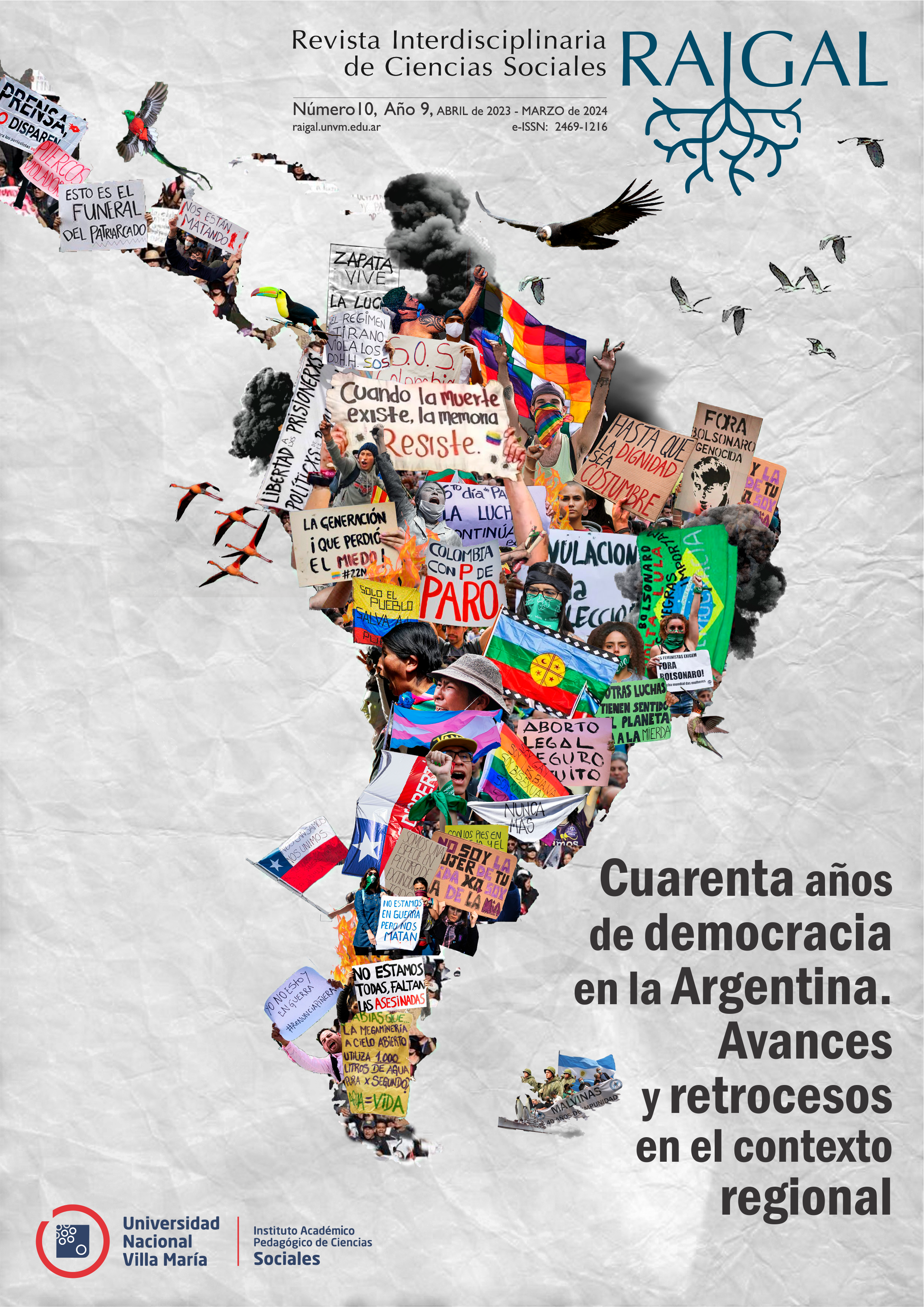Squirting kids? Media discourse and the criminalization of poverty
Abstract
The objective of this article is to reflect the discursive dimension of the national media that criminalizes young people from impoverished sectors, and the influence it exerts on the construction of the subjectivities of society, between the years 2014 and 2019.
We know that both the content of media discourse and the way in which said content is presented build thought formats that are configured as truth systems that elaborate and condition people's subjectivities, presenting effects in the ways of doing, feeling and to think that they will influence the way in which society relates to the different groups that make it up(Arito, 2018).
That is to say, these discourses will condition the experience of the knowing subject, hinder the manifestation of the one who is being known, which will prevent the full use of his identity and the knowledge of it by the one who knows (Vasilachis, 2003).
Thus, if said discourse aims to criminalize poverty, providing a negative image of said sector, it is most probable that the relations that are established are asymmetric and of class differentiation/subordination.
Keywords:
social representations, social imaginary, stigma, stereotype, structural discrimination, poverty, poor youthLicense
Copyright (c) 2024 María Belén Montefinale

This work is licensed under a Creative Commons Attribution 4.0 International License.
Downloads
References
Arito, S. (2018). Subjetividades colonizadas: Herramienta necesaria para la construcción de desigualdad social. Revista Debate público. Reflexión de Trabajo Social, p. 44-46.
Doudtchitzky, S., Echeverría, A., Herrera, J. y Sereno, C. (2016). Monitoreo de Medios. Visiones sobre los y las jóvenes pobres en los medios gráficos argentinos. [Archivo PDF]. http://www.crisolps.org.ar/img/documentos/10.pdf
Focas, B. y Kessler, G. (2014). ¿Responsables del temor? Medios y sentimientos de inseguridad en América Latina. Revista Nueva Sociedad, p. 138, 145-147.
Kessler, G. (2012). Las consecuencias de la estigmatización territorial. Reflexiones a partir de un caso particular. Espacios en blanco. Revista de Educación, p. 166, 171-185, 191.
Martínez, F. (7-10 de octubre de 2014). Discursos sobre la in/seguridad: disputas de sentido en torno a castigos y derechos en Argentina [Presentación en papel]. Quinto Congreso Uruguayo de Ciencia Política.
Vasilachis, I. (2003). Pobres, pobreza, identidad y representaciones sociales. Gedisa, Barcelona.
Wacquant, L. (1999). Las cárceles de la miseria. Manantial, Buenos Aires.






 We are indexed ...
We are indexed ...





